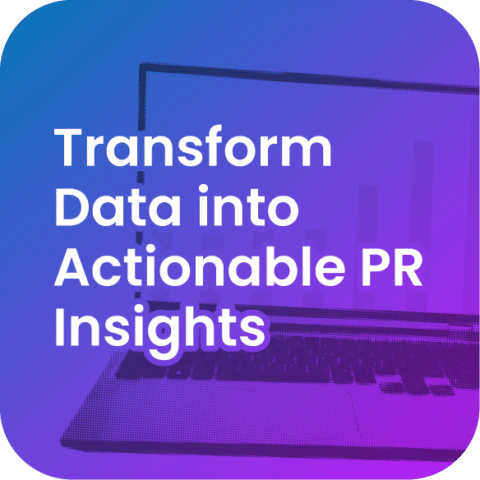Even though I covered sports for about a decade as a journalist prior to entering the PR business, and was also the sports marketing specialist for many years at Burson-Marsteller (in addition to playing key roles on none sports accounts), I always cautioned clients about automatically choosing a sports personality as a publicity spokesperson for none sports accounts.
The reasons for my caution varied
The many athletes whose conduct ended up in stories about their unlawful conduct, to certain athletes endorsing so many products that a scorecard would be needed in order for consumers to match the athlete with a product, to the fact that interviews overwhelmingly end up saying, “So and so is a spokesperson for XYZ Company,” and continue with the athletes on-the-field feats, ending without any mention of product’s talking points explaining why a consumer should purchase it.
At one time, many, many years ago, an athlete who sought endorsements could be counted upon to toe the line and not make controversial statements that would upset the sponsor. But since the explosion of athletes’ salaries, those days are gone forever and, except when the athlete appears in a commercial, sponsors have no control of what an athlete might say during an interview.
The most recent example is the media hullabaloo about the Green Bay Packers star quarterback Aaron Rodgers, whose skirting around a question about him being inoculated with approved Covid-19 treatments already has cost him a sponsorship with Prevea Health, a health care provider located in Wisconsin. Another sponsor State Farm has greatly limited the number of TV commercials featuring him.
Today it is not unusual for athletes to speak out about none sports issues, especially racial inequality. Some clients might not care if an athlete opines about various causes. But some clients would rather not have an athlete they’re associated with talk politics, but still want a spokesperson to hawk their product during earned media interviews.
There’s an easy solution to that problem
Use none athletes as product spokespersons, as I have done many times, always making certain that the spokesperson was a fit for the product.
By that I mean that if you’re promoting a cereal, use a respected nutritionist for interviews; for a pain medication, use a physician; for an exercise product, use an exercise physiologist.
Certainly arranging interviews for spokespeople who have the credentials and expertise will result in a more intelligent interview with results that are more tied to a specific product than having an athlete who has been trained with several talking points that are never included in the finished interview. And unlike with many of today’s athletes, clients don’t have to worry about waking up one morning and learning that one of their athlete spokespersons is talking politics.
A few personal examples
For an educational project, I used a former New York City Mayor who was a schoolteacher; for a substance abuse client, I used a psychiatrist talking about how at-risk youngsters can be influenced by sports figures who behave badly; to promote a TV series which included hockey, basketball and horse racing events, I used experts in those sports to instruct viewers on how to watch the event like the pros do; to illustrate the proper method of working out, I used a Major League Baseball head team trainer; for a traveling Baseball Hall of Fame mall tour, I used a Hall of Famer as a spokesperson; for a Broadway show, which included a belly dance scene, I used an actual belly dancer for publicity purposes, and to publicize the circus I used an individual who performed in the show. And unlike the raised eyebrows you might receive when asking a reporter to interview an athlete just because he or she has been signed as a spokesperson for a product, all the examples I mentioned made sense to reporters because of the expertise and direct connection to the subject.
Even though over the years I have used dozens of athletes as publicity spokespersons, I have always tried to find a spokesperson that fits the assignment instead of just automatically using an athlete, as often is the case with so many none sports-related products. Doing so always results in more meaningful publicity results for the client.
In today’s environment, when a client can no longer control what an athlete says during an interview, it’s more important than ever to consider spokespersons other than athletes. And if you do suggest an athlete, be upfront with the client and say that the days of controlling what an athlete says to a reporter are long gone.
Many PR people are happy with a 500-word story whose only mention of the client is that the athlete is a spokesperson for a company. That might satisfy some PR people, but as far as I’m concerned, if an interview doesn’t include at least a couple of client talking pointes, the interview is worthless.




